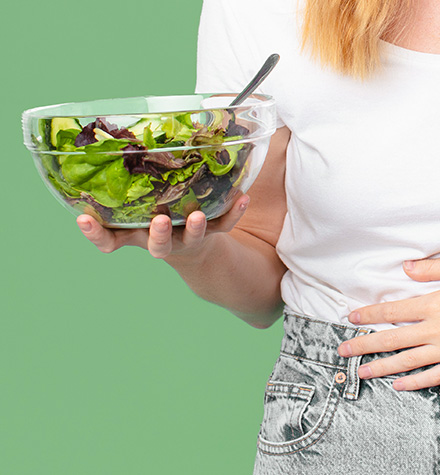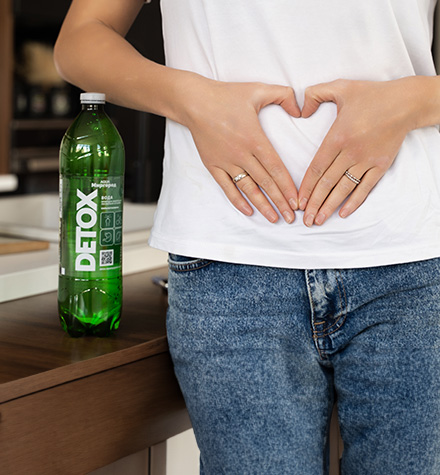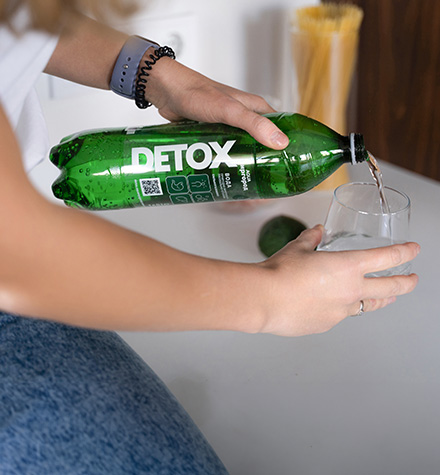Mineral water at elevated temperature

Useful properties of water
Water is one of the most important substances for our body, and its beneficial properties cannot be overestimated. Water makes up about 60% of an adult's body weight and performs many vital functions and plays a key role in maintaining human health.
Useful properties of water include:
How and how much water to drink at the temperature?
With an elevated body temperature, it is important to prevent dehydration, as the body loses more fluid through sweating.
How and how much water you should drink water at the temperature:
1. At the temperature, it is recommended to increase the amount of water drunk to 2.5-3 liters per day. Drink often, in small portions, to avoid excessive strain on the kidneys.
2. You should drink water regularly throughout the day, without waiting for a feeling of strong thirst. It is especially important to drink water after waking up and before going to bed.
3. Prefer clean, still water. You can add a little lemon juice to improve the taste and an additional dose of vitamin C.
4. The water should be room temperature or slightly warm. Cold water can cause discomfort in the throat and stomach. Warm water helps digestion and can help relieve cold symptoms.
5. In addition to water, it is useful to drink herbal teas (chamomile, mint), which have a calming effect and help reduce inflammation. Sugar-free fruit and vegetable juices that contain vitamins and electrolytes are also good for preventing dehydration.
Tips to prevent dehydration in the heat:
By following these tips, you can effectively prevent dehydration and keep your body in optimal condition even during high temperatures.











